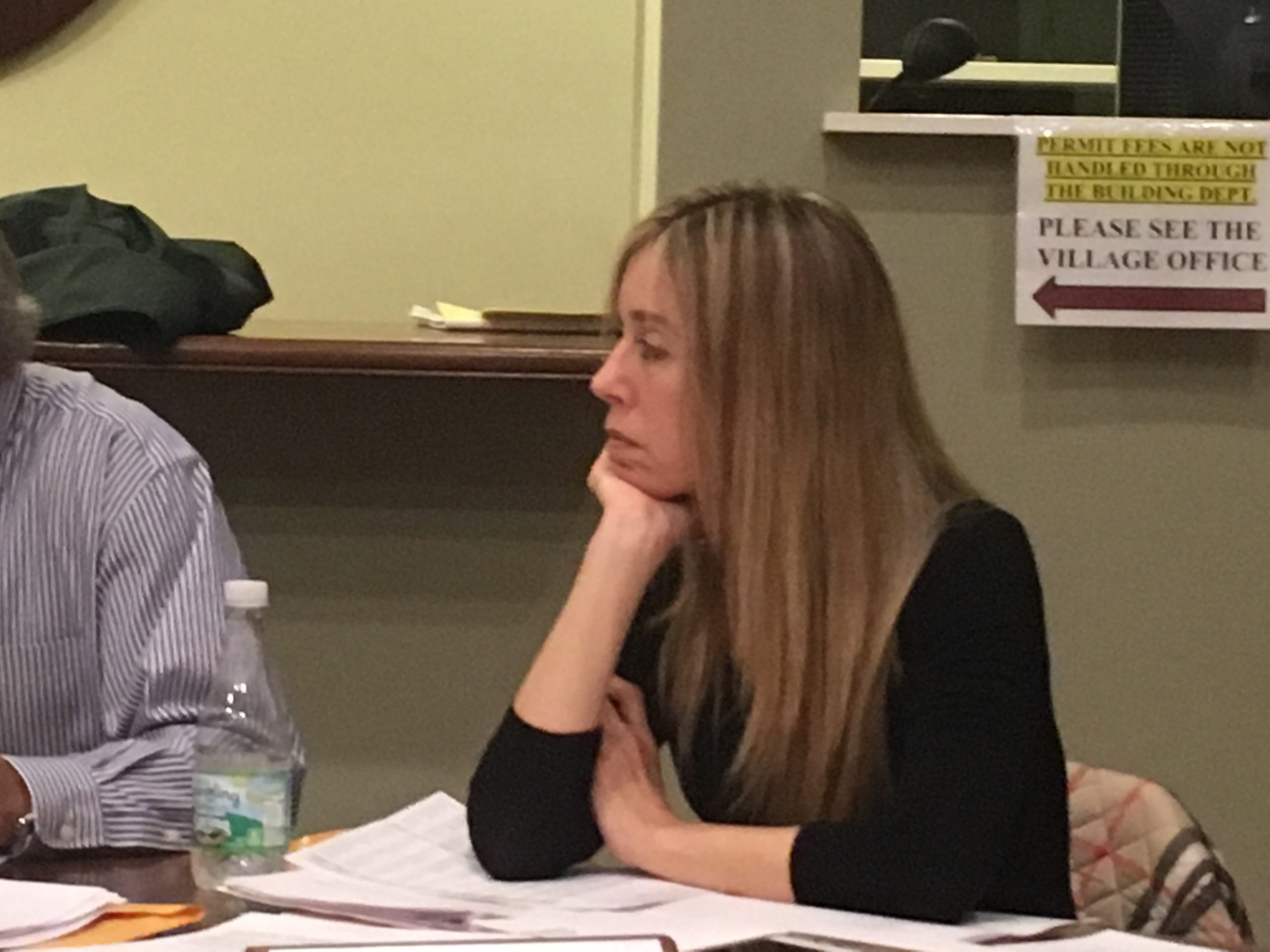The Roslyn Harbor Board of Trustees on Thursday unanimously adopted a $1.06 million 2017-18 budget that raises property taxes at the tax cap of 1.15 percent, Trustee Sandy Quentzel said.
New initiatives include $50,000 in state grant money to complete the installation of energy efficient light-emitting diodes, or LEDs, in street lights.
The budget raises $618,719 in property taxes and projects an inflow of $138,138 for waste removal and $60,000 for building and alteration permits.
“When we do a budget we want it to be as conservative as possible but as realistic as possible,” Quentzel said.
The village has raised $99,465 for building and alteration permits so far this year but Quentzel said such high revenue cannot be expected to occur again next year.
The largest projected expense is $168,380.05 for contracts approved on Thursday with three fire companies that serve different areas of the village: Glenwood Hook and Ladder, Engine and Hose Company, Inc., Roslyn Hook and Ladder Company, No. 1 Inc. and Roslyn Highlands Hook and Ladder Engine and Hose Company, Inc.
“We appreciate their work but it’s hard for us when their fees go up more than we can increase taxes,” Quentzel said, referring to the state mandated tax cap. “Part of the negotiation is keeping those increases low. It’s difficult for us.”
“We have the right to exceed the state cap but voters miss out on a tax refund so it’s politically unpalatable,” Deputy Mayor Jeremy Rosof said.
Despite these financial concerns, Mayor Louis Badolato affirmed the village’s appreciation for the fire companies.
“I have had many good experiences with the fire companies here in town,” he said. “They’re volunteers like us — we put our ives at risk because we’re bored to death at these meetings, and they actually put their lives at risk.”
Another large expense for 2017-18 will be a $120,589.20 payment for sanitation services provided by Dejana Industries.
The village won a $50,000 grant from the New York State Energy Research and Development Authority, or NYSERDA, for completing measures as part of an effort to gain state accreditation as a clean energy community, said village Clerk Marla Wolfson, who submitted the grant application.
One of those measures asked the village to equip half of its street lights with LED’s, Wolfson said. The village will use the $50,000 grant in order to equip the remaining street lights with LED’s.
“Kudos on the grant,” Badolato said, addressing Wolfson. “It make us more energy efficient and it gets our lighting up to date.”
The village will transfer $150,000 from its capital reserves to repair village roads, Badolato said.
“We first address safety issues and then make them as attractive as possible,” he added.
Every year the village transfers money from its reserves for road projects.
“All the money we make goes to the roads,” Quentzel said.



